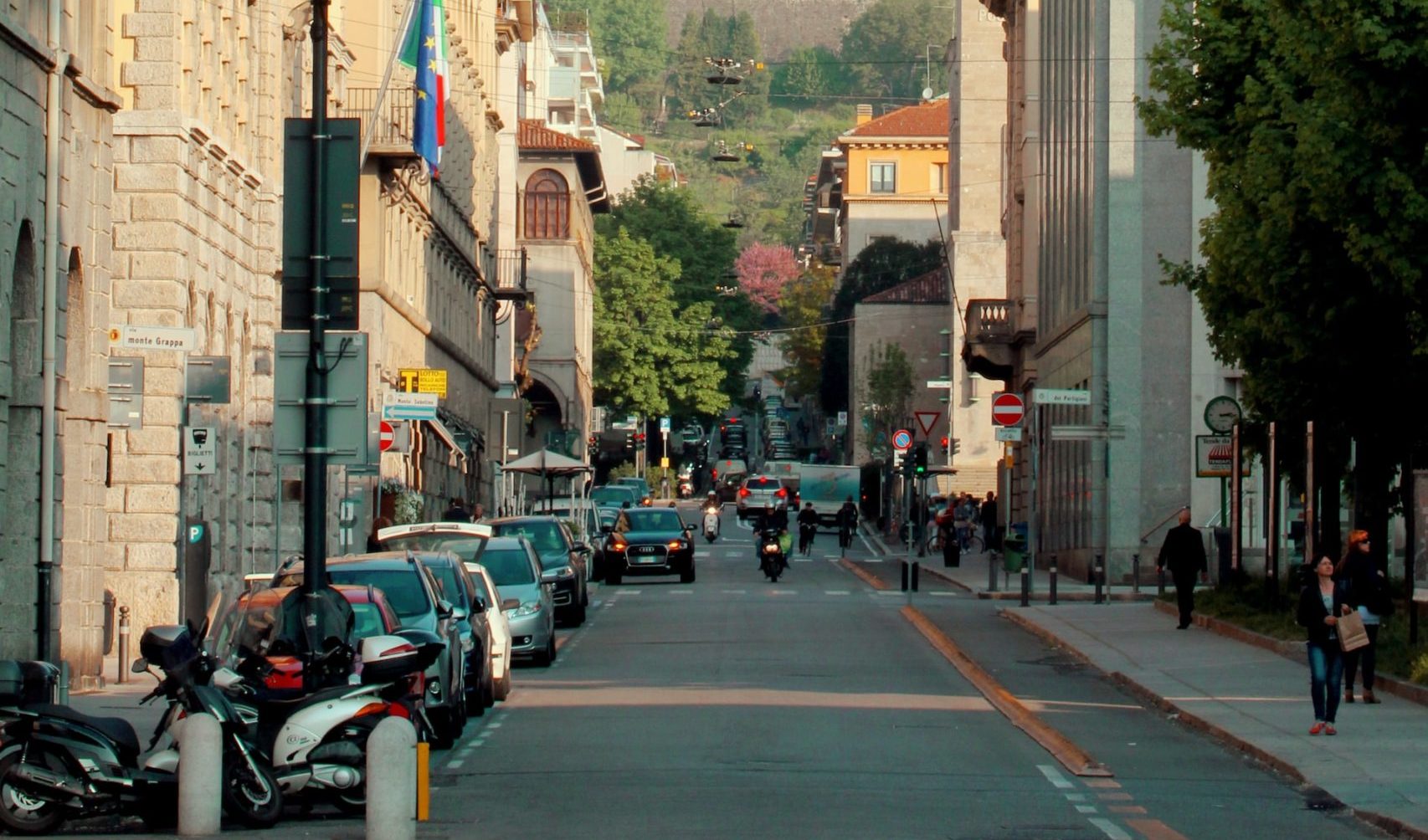Is Berlin dangerous? When it comes to Berlin safety, it’s important to note that, like any major city, there are certain risks and precautions that visitors should be aware of. However, overall, Berlin is considered a relatively safe city, both for tourists and for residents.
Most Common Causes of Injury
One of the most common causes of injury in Berlin, as in any urban area, is traffic accidents. Pedestrians and bicyclists should be particularly careful when crossing the street, as drivers in Berlin may not always obey traffic laws or yield to pedestrians in crosswalks. Additionally, it’s important to pay attention to trams, as they have the right of way and can be difficult to hear or see.
Natural Dangers
Berlin is not known for having any significant natural dangers, such as earthquakes or severe weather. The city does experience occasional flooding, particularly in low-lying areas near the river Spree, but these are usually well-forecasted and steps are taken to mitigate the risk.
Weather-Related Safety
Berlin has a temperate climate, with warm summers and mild winters. However, temperatures can drop below freezing during the winter months, so it’s important to dress warmly and be prepared for icy sidewalks. The best time to visit Berlin weather-wise is during the summer months of June to August when the weather is warm, and the city comes alive with festivals and outdoor activities. The worst time to visit Berlin is during the winter months of December to February when the weather is cold and gloomy.
Crime
Berlin has a relatively low crime rate compared to other major European cities, but visitors should still take standard precautions to protect themselves and their belongings. Pickpocketing and theft from parked cars are the most common crimes in the city. Visitors should be particularly cautious in crowded tourist areas, such as the Brandenburg Gate and Alexanderplatz, as well as on public transportation. It is best to stay aware of your surroundings and not to leave valuables in plain sight.
When it comes to specific neighborhoods, some areas of the city are considered safer than others. For example, the neighborhoods of Charlottenburg, Wilmersdorf, and Schöneberg are considered relatively safe and are popular with tourists and expats. On the other hand, certain neighborhoods in the eastern part of the city, such as Neukölln and Kreuzberg, have a higher crime rate and are best avoided at night.
Overall, Berlin is a relatively safe city, and visitors should not hesitate to explore it. It is always a good idea to take standard precautions to protect yourself and your belongings, and to be aware of your surroundings. With that said, Berlin is an incredibly vibrant and exciting city, with a rich history and culture, and visitors are encouraged to explore all that it has to offer.



